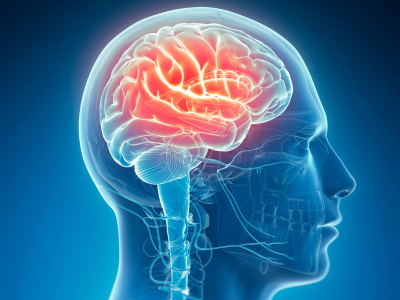Subtotal ₹0.00
Subscribe to out newsletter today to receive latest news administrate cost effective for tactical data.
2478 Street City Ohio 90255
Shopping cart
- Phone:083339 88244
- Email:info@saisiddharthahospital.com
- Kompally, Hyderabad, Secunderabad, Telangana 500014




